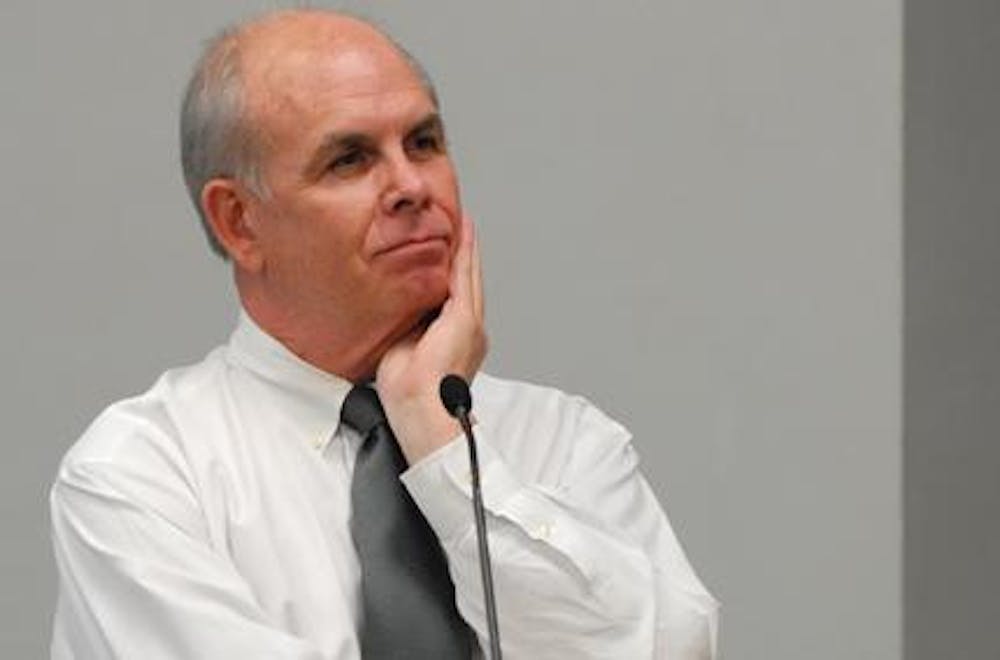UF's Student Honor Court is one step closer to losing its ability to hear academic dishonesty cases, which is its primary responsibility.
UF's Faculty Senate passed a resolution Thursday urging Patricia Telles-Irvin, vice president for student affairs, to cut the number of ways UF handles student academic dishonesty cases.
Generally, students charged with academic dishonesty can choose to have their cases heard by the Student Conduct Committee, which comprises students and faculty, or by the Student Honor Court, where faculty only participate as witnesses.
Other venues for hearing cases include an administrative hearing, a resolution meeting with faculty and students, or student conduct committees at the Health Science Center and the Levin College of Law.
The Senate suggested removing the honor court and administrative hearings because they did not have adequate faculty and student representation, respectively.
Gene Zdziarski, dean of students and co-chair of the Senate committee that made the suggestions, said another concern was the low number of cases heard by the honor court.
In the last six years, the court handled 22 of 1,095 academic dishonesty cases at UF, Zdziarski said.
Faculty members and students said the court setting was inappropriate for most of the cases, and it generally created hostility, he added.
But some students expressed displeasure with the possible removal of the court.
Fairuze Sofia, a third year UF law student and the court's chief defense counsel, said she thinks faculty members wanted to remove the court because they felt slighted by their lack of involvement.
"The whole point of honor court is to give students a fair hearing," Sofia said. "Other processes might not help much if a teacher already thinks a student is guilty."
In addition, Yooni Yi, Student Body President Ryan Moseley's chief of staff, and Vanessa Goodwin, Student Body vice president, presented Student Government's concerns and suggestions.
SG's recommendations, which will also be sent to Telles-Irvin, suggested reforms to the court instead of its removal.
Possible changes included appointing faculty advisers to the student attorneys and having the Dean of Students Office review the cases.
"We're not saying the Student Honor Court doesn't have problems, because it does," Goodwin said. "But it has been a part of us since 1914."






